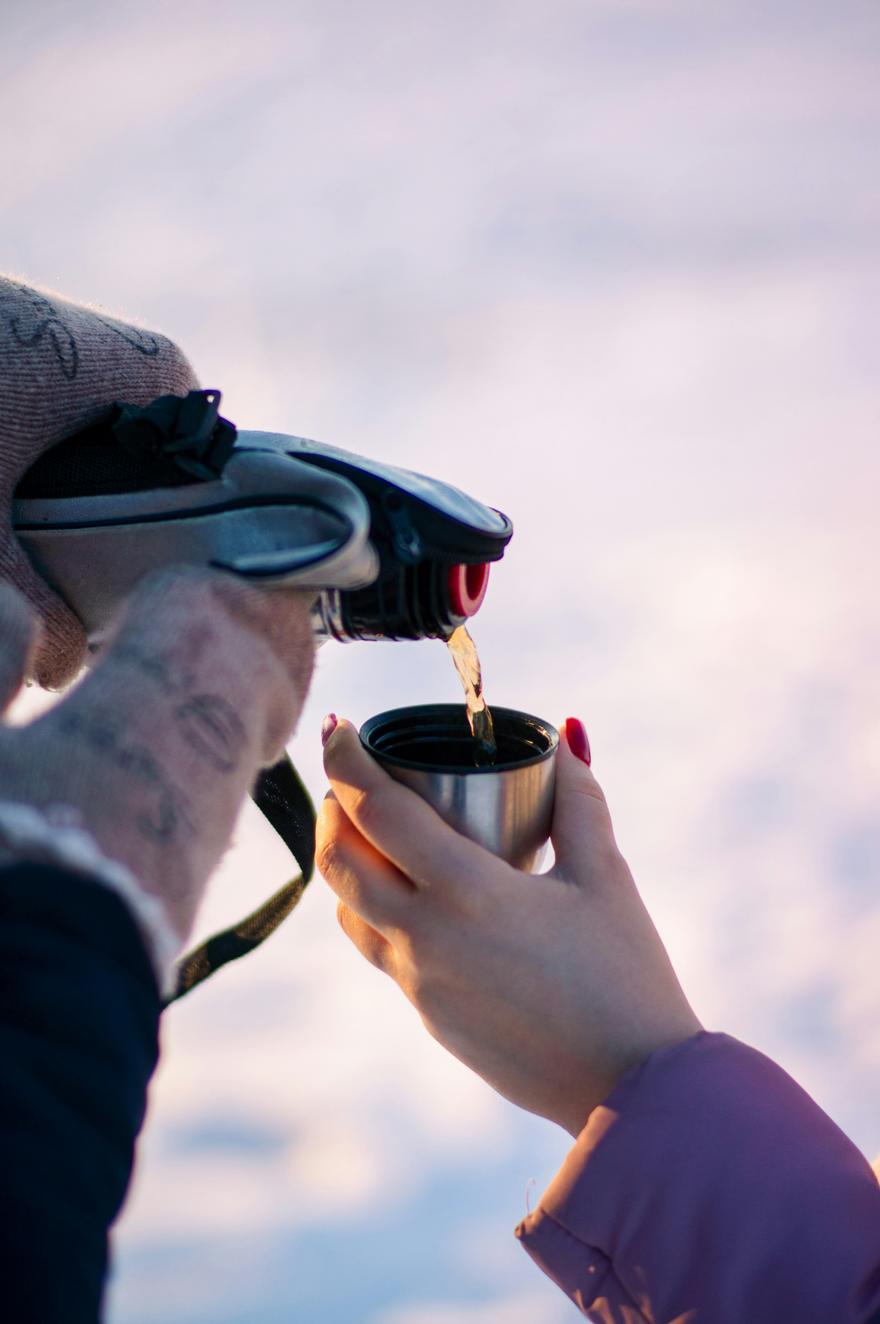I Shared With Somebody Who Gets Cold Sores. Do I Have Herpes Now?

We’ve all been there—you borrow a drink, share a bite of food, or maybe even use the same lip balm as a friend who casually says, “Oh, don’t worry, it’s just a cold sore.” Cue the panic: Did I just catch herpes?
Let’s break this down together.
First Things First: Cold Sores = Oral Herpes
Cold sores are caused by herpes simplex virus type 1 (HSV-1). It’s incredibly common—more than half the world’s population has it. Many people pick it up in childhood, often without even knowing.
How HSV-1 Spreads
The virus spreads through:
- Direct skin-to-skin contact with a cold sore (like kissing).
- Sharing items that touched the sore or saliva (cups, utensils, lip balm, straws, toothbrushes).
- Oral sex (HSV-1 can spread to the genitals this way).
The virus is most contagious when there’s an active cold sore—that blistery or crusty stage.
But here’s something people don’t always realize:
Even if a person isn’t showing a sore right now, the virus can still be passed along. This is called asymptomatic viral shedding. It doesn’t happen all the time, but it’s possible. That’s why sometimes people say they “got herpes out of nowhere,” when in reality, they were exposed during one of those silent periods.
What Are the Chances You Caught It?
It depends:
- High risk: You kissed them on/near the sore, shared lip products, or swapped saliva (sharing food or drinks right around outbreak time).
- Medium risk: You shared a cup when they were between outbreaks. The risk is lower without an active sore, but still there because of possible viral shedding.
- Low risk: Casual contact (hugging, touching their face briefly) or sharing objects well after the sore dried.
So yes, you can catch herpes even if your friend didn’t have a sore in that moment—but it’s less likely than during an obvious outbreak.
Will I Know Right Away?
Not necessarily. If you did contract HSV-1, the first outbreak usually happens 2–12 days after exposure. But here’s the twist: some people don’t see symptoms for months, years, or ever. That’s why so many carry HSV-1 without even knowing.
What If I Did Catch It?
If you do get herpes from sharing, it’s not the end of the world:
- HSV-1 is super common and usually mild.
- Cold sores can be managed with over-the-counter creams, home remedies, or antivirals from your doctor.
- Most people find outbreaks become less frequent and less severe over time.
If you shared something with a friend who has a cold sore, there is a chance you caught HSV-1—even if they didn’t have a sore at the moment. The highest risk comes from direct contact with a visible outbreak, but silent shedding means it’s still possible in between.
And if you did pick it up? You’re not alone. Over half of adults have HSV-1, and most live perfectly normal lives with it. Herpes doesn’t define you—it’s just one of those things that happens to humans.
If you do live with, or get, oral herpes, keeping your lips protected and hydrated can make a big difference. That’s why we created our LPF Lifesaver Lip Balm—a soothing, nourishing balm specially designed for people prone to cold sores. It helps maintain a healthy lip barrier, reduces dryness (which can trigger outbreaks), and supports your lips through every season. Think of it as a little lifesaver in your pocket.


0 comments
Leave a comment
Please log in or register to post a comment